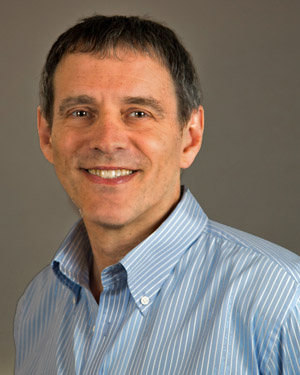
Steven Weiner, Computer Specialist and Aesthetic Realism associate, writes:
Why so often do people feel unsure, uneasy, even ashamed, after expressing themselves? How can our expression—including how we talk to others and what we tell ourselves in our minds—make us proud? For the tremendously needed answers to these questions, read “We Have to Learn What Expression Is,” the new issue of The Right of Aesthetic Realism to Be Known.
The commentary by Ellen Reiss begins:
Dear Unknown Friends:
Here is the conclusion of Eli Siegel’s 1949 lecture Poetry and Space. In the previous section he spoke, greatly and newly, about Walt Whitman—who, he said, “strangely enough, seems most to be the poet of space…. He just couldn’t leave the subject alone.” While understanding and describing Whitman’s particular way of seeing the subject, Mr. Siegel is illustrating in this talk the meaning for all people of that tremendous thing, Space. He gives the following informal definition: “Anything seen as permitting motion without any interference at all could be seen as space.”
In the final section, Mr. Siegel comments on one more Whitman poem, and then speaks about something that could seem so very unlike Whitman, and so far away from him: a Japanese work of over a thousand years ago.
Here too is part of a paper that Aesthetic Realism associate Steven Weiner presented at a recent public seminar. The subject was “What’s True Expression—in Life, Love, & Art?”
Expression & America Now
The longing in people to be expressed is as enormous today as it ever was. And the confusion on the subject is also enormous. People can feel painfully locked in themselves, unable to show what is within them. But also, people can seem to “express” themselves and then feel sharply ashamed or gnawingly uneasy about the expression.
That has always been so. Yet I think that today in America there exists a feeling somewhat different from feelings of once: there is a certain unarticulated queasiness, anger, even cynicism, about expression as such. It has come because people are seeing so much ugly, dishonest “expression” day after day. The internet, though very valuable, is just teeming with mean, false, sleazy “self-expression,” in posts, comments, tweets.
Also, one sees and hears from various persons with power a massive putting forth of anything they please, no matter how untrue it may be. Always in history, people have tried to put forth—that is, “express”—whatever they saw as expedient, whether in keeping with the facts or not. In all times there has been “expression” that is cheapness and lies. But today in America people see on the news—via television or internet or print—a monumental amount of such “expression” by prominent persons. Expression that’s cruel and mendacious can seem unremitting, can seem to swagger and flaunt itself.
A result of all this is that the idea of expression itself has lost in people’s minds some of the wonder, the beauty, the grandeur many persons once associated with it.
I know I am writing in a quite general way. But there is such a thing as an atmosphere about various ideas, an atmosphere that tinctures people’s feelings about words, whether they’re conscious of those feelings or not. And that is so of the idea and word expression.
We need, immensely, to see what true expression is! It is as beautiful as ever, as wondrous as ever, as grand as ever. No fakery can ever expunge its beauty—and power.
The Difference
Aesthetic Realism is the knowledge that makes clear what true expression is and what false is—so we can love, and have, the former; and efficiently hate and oppose the latter, including in ourselves…. Read more